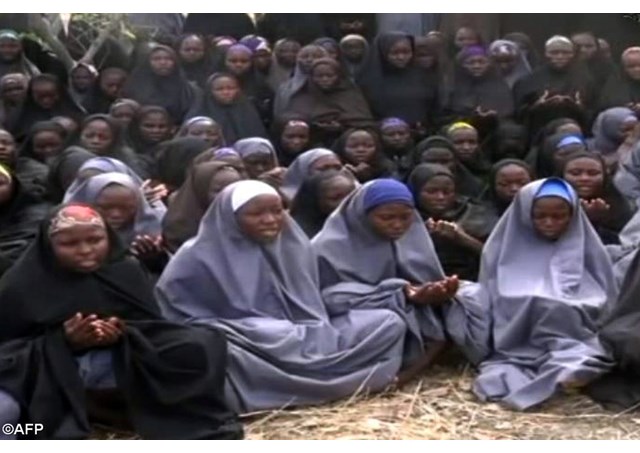
Nigerian Moslem academic discusses Boko Haram at Catholic event

Professor Kyari Mohammed, a Moslem scholar and Vice Chancellor of Modibbo Adama University of Nigeria has described the Boko Haram insurgence as a war against humanity that goes beyond the issue of killing for religion. He adds that Boko Haram is a local group with global ambition. Professor Mohammed made this submission in his presentation at the opening ceremony of the Interfaith Dialogue Committee Meeting, held recently at the Society for African Missions (SMA) house in Abuja.
The Interfaith Dialogue Committee Meeting was organised by the Catholic Bishops Regional Conference of West Africa (RECOWA) in conjunction with the Mission and Dialogue department of the Catholic Secretariat of Nigeria (CSN). The theme of the meeting was Religious Extremism and Its Challenges on Interfaith Dialogue in Western Africa. It was attended by stakeholder group leaders from the sub-region.
Professor Mohammed, an expert on religious terrorism, gave the genesis of Boko Haram and how its carnage has impacted negatively on the sub-region. He listed the factors that led to the emergence of the group and similar bodies noting that, “it arose from effects of bad governance, impunity, poverty, the ill-influence of colonialism and the misuse of western education, among others. The extremists saw corruption and other noted vices as offshoots of western education. Viewed from this perspective, “educated people have not been good ambassadors of western education,” Professor Mohammed said.
The university professor while calling for a common front to combat religious extremism in the sub-region, stated that even “if Boko Haram ends today, the sub-region will be left with a violent and broken society” because of victims of the insurgency, destroyed infrastructure and a serious loss of confidence in government.
Suggesting ways of ameliorating the insurgence crisis, Professor Mohammed advocated cooperation and collaboration by governments and other stakeholder groups in the sub-region adding that, in the case of the Nigerian situation, development of affected areas should be a priority and the initiative of the government.
He also emphasised continuous constructive peace building, infrastructural development, support and compensation for affected victims, de-politicization of the crisis, rescue for affected students and school children and rehabilitation of all those who have been part of the insurgency, particularly the civilian Joint Task Force (JTF) who have assisted the military in fighting the insurgents.
Speaking further on the civilian JTF, the Professor noted that, if care is not taken, the group might become another violent group that could pose challenges for government in the future.
(Catholic News Service Nigeria)
e-mail: engafrica@vatiradio.va
| All the contents on this site are copyrighted ©. |


